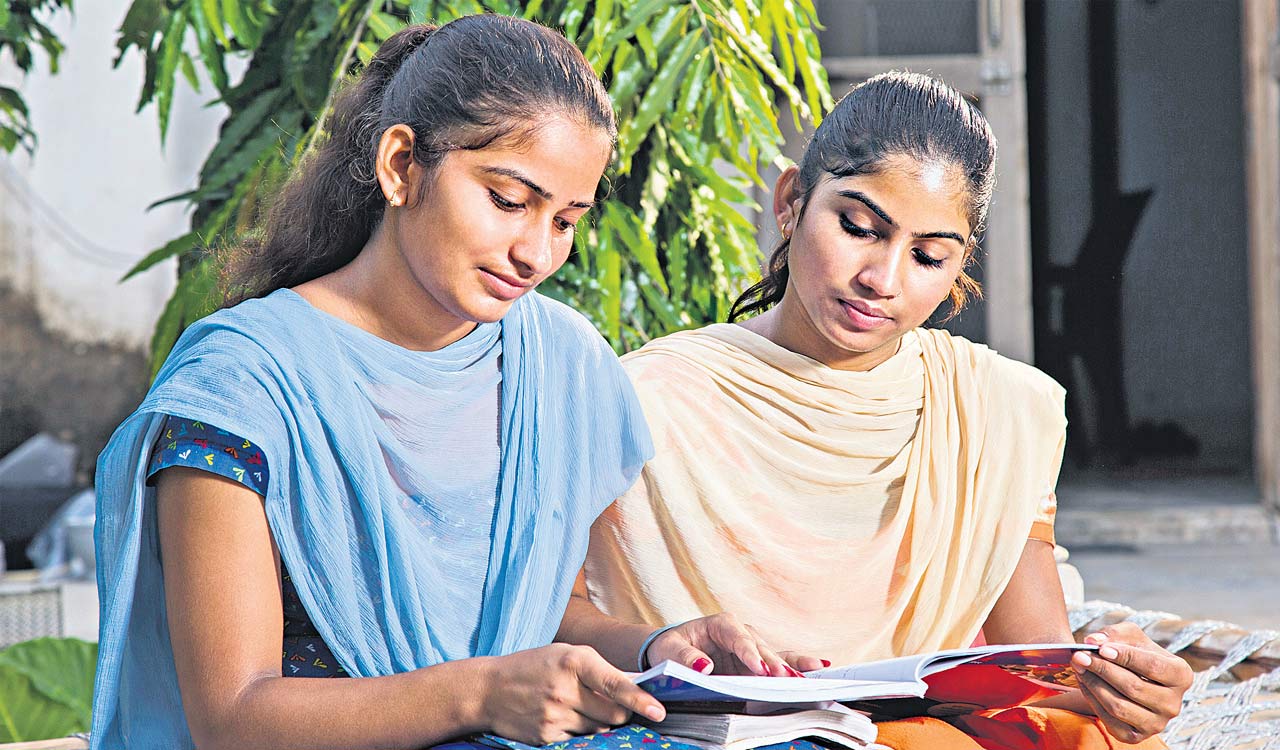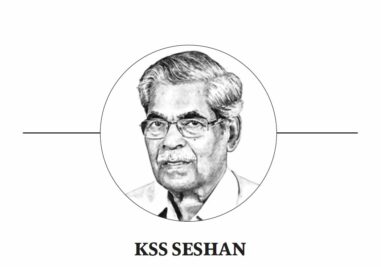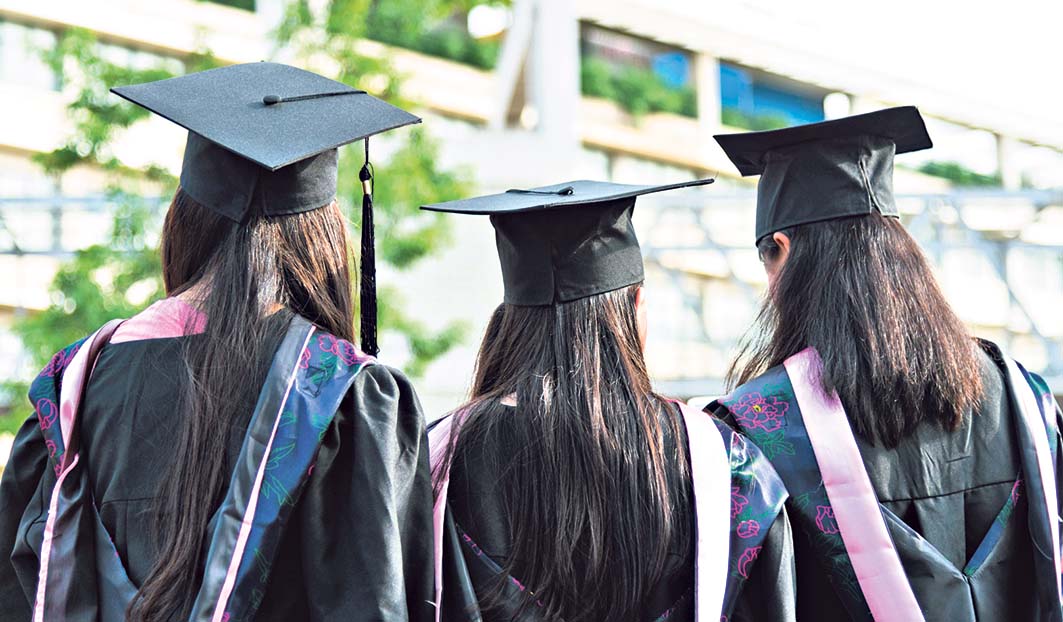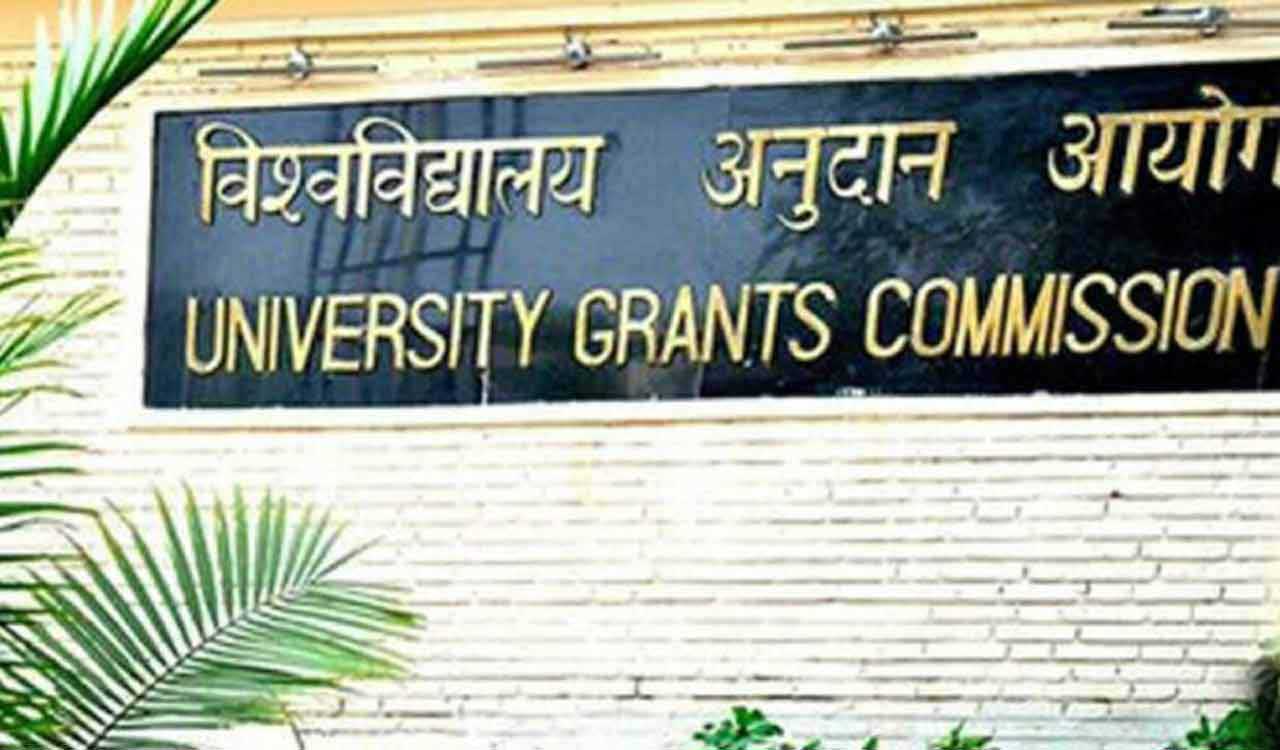Opinion: Biannual admission isn’t practical
UGC should take into account the disadvantages of biannual admissions in a dispassionate way

By KSS Seshan
The University Grants Commission (UGC), the highest funding agency in the country for universities and higher educational institutions (HEIs), in recent times has come up with several innovative policy decisions in the field of educational administration, particularly in the aftermath of the New Education Policy (NEP) introduced by the union government. The latest of such experimental decisions is the introduction of biannual admissions into universities and HEIs like the IIMs and the IITs.
Under the new initiative, universities and other institutions will offer admissions twice a year instead of only once in July-August as is the case now. Admissions in January-February will be additionally held besides the existing July-August process. The new scheme will be effective from the current academic year itself making it obvious that such a decision was a part of the UGC scheme of things and not out of any demand either from students, parents or universities.
Inherent Advantages
The decision of the UGC, though is a policy of its own making, on the face of it appears to have a few inherent advantages to the student community. In the first place, if a student by any chance misses an opportunity to get admission during the usual July-August session, the biannual admission facility would be helpful to seek admission and pursue the course without losing the entire academic year. Sometimes publication of the Board results gets delayed and students fail to seek admissions in universities and HEIs as the admission process is completed by July-Aug. In certain cases, a few universities fail to publish the results of undergraduate classes on time. As a result, students cannot seek admission to postgraduate courses in other universities in that year.
The phenomenal increase in the workload of universities and other HEIs due to running of the parallel sessions warrants doubling of faculty, and infrastructural facilities
If the mandatory practical exams get postponed or are not conducted on time, students are affected as they cannot seek admission to other universities without the conduct of such practicals. This is usually in the case of central universities as they have their normal academic calendar fixed. They conduct entrance tests and do admissions as per their fixed academic calendar. Students from State Boards and State universities cannot seek admission to such central universities if the results of their qualifying exams are delayed even if they are successful at the common entrance tests. The net outcome of such a situation is that students have to forgo the entire year for no fault of theirs. The task and time invested in clearing the entrance tests also go to waste. A biannual admission will mitigate such a situation as students can seek admission during the Jan-Feb session.
Industry Advantage
Another advantage of holding admissions twice a year, as felt by the UGC, is that the industries and corporate bodies can carry on their recruitment twice a year much to the advantage of students. Employment opportunities would increase for graduate and postgraduate students. There is also validity in the UGC claim that biannual admissions would enable the IIMs and the IITs to plan their resource distribution as in the case of faculty, laboratory, support staff and infrastructure, like classrooms and other logistics, more efficiently and with less wastage leading to better functional possibility within the institution.
Yet another advantage cited is that the IITs and the IIMs can enhance their international collaboration, global visibility and increased student exchanges leading to improved international competitiveness that will benefit both the students and faculty.
Going Astray
Though the proposed policy seems to be advantageous as additionally, one more chance is open to students in getting admission in a given year, what smacks of the reason is as to how many students in a year line up for such admissions for the Jan-Feb session? The answer could be a handful. Even this small number of students could be only in some departments/subjects in universities. It is to be seen whether conducting parallel classes for both sessions of the same subject at a time will be viable in terms of faculty, infrastructure and support services. It obviously needs double the amount of resources to run two sessions in a year.
The claim that international visibility for the IITs and the IIMs will increase if admissions are conducted and students are taken has no logic as the reputation of the institution depends on the quality of research and teaching and not on the number of admissions the institution holds every year and the number of students admitted. Without increasing the administrative intricacies and sagacious planning for increased use of available resources, even the IITs and the IIMs cannot maximise their usefulness just on mere biannual admissions.
The phenomenal increase in the workload of universities and other HEIs due to running the parallel sessions at a given time naturally warrants doubling of faculty, labs, library and other infrastructural facilities. Has the UGC taken into consideration these practical necessities before deciding to go for biannual admissions in universities?
History is replete with examples of the so-called positive policies of the powers that be in the past going astray when they were devoid of the practicality in the implementation of such policies. The famous Medieval Delhi Sultan had positive and good intentions when he decided to change the capital of his empire for administrative convenience and issued token currency for the economic benefits of his government. But what transpired is a part of hilarious history. The so-called advantages when overweighed by the disadvantages will do more harm than anything else.
The UGC in introducing a second set of biannual admissions in January-February should also take into consideration the disadvantages of such a scheme in a dispassionate way to avoid any costly mistakes in the realm of higher education in the country.

(The author is a retired Professor in History, University of Hyderabad)
Related News
-
Haiti gang attack on journalists covering hospital reopening leaves 2 dead, several wounded
8 mins ago -
21 dead as Mozambique erupts in violence after election court ruling
26 mins ago -
Cartoon Today on December 25, 2024
8 hours ago -
Sandhya Theatre stampede case: Allu Arjun questioned for 3 hours by Chikkadpallly police
9 hours ago -
Telangana: TRSMA pitches for 15% school fee hike and Right to Fee Collection Act
9 hours ago -
Former Home Secretary Ajay Kumar Bhalla appointed Manipur Governor, Kerala Governor shifted to Bihar
9 hours ago -
Hyderabad: Organs of 74-year-old man donated as part of Jeevandan
9 hours ago -
Opinion: The China factor in India-Nepal relations
9 hours ago




